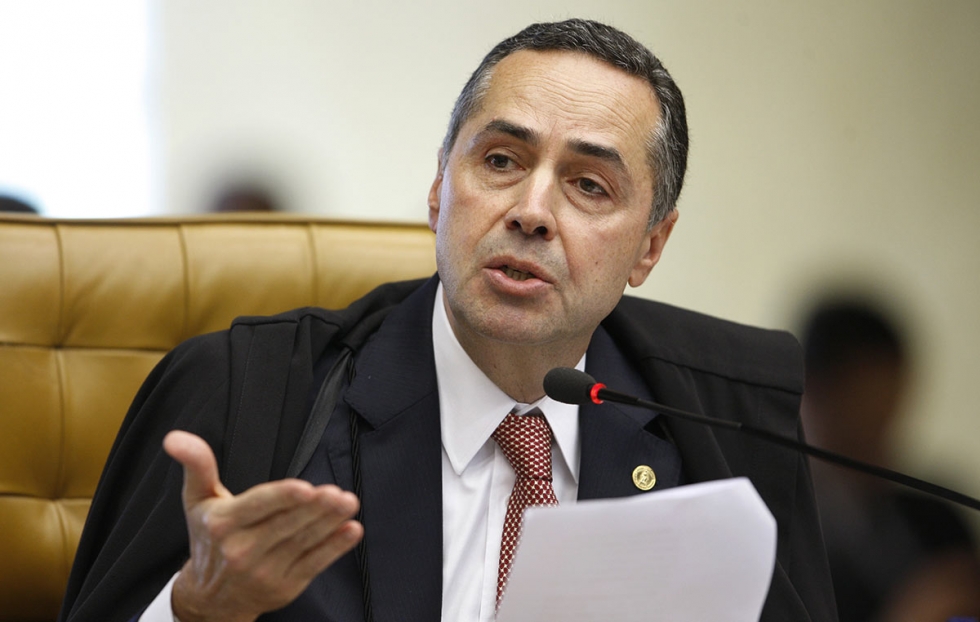Luís Roberto Barroso, considered one of the most aggressive and controversial Justices of the Brazilian Supreme Court (STF), rejected accusations of (leftist) judicial activism leveled at the Supreme Court, attributing the charges to “ignorance.”
In a speech during the Brazil Conference at Harvard & MIT, in Boston, in the United States, the magistrate called the thesis a “myth”.
“There is a mistaken perception that the STF, which is regularly accused of running a supremocracy, is extremely activist, invents legislation, and produces decisions that bring legal insecurity.”

“I would like to say that none of this happened. What exists is a judicial protagonism. Since everything can reach the Judiciary, the Judiciary becomes unusually visible,” claimed the Justice.
Barroso attributed judicialization as the “product” of an “institutional arrangement” of the Brazilian Constitution, which “greatly facilitates” access to the Judiciary.
“Almost anything can reach the Judiciary so that broad judicialization exists,” he said.
On judicial activism, Barroso said that “very rare are the cases” that have occurred. “What is activism in a technical sense?”
“It is the Judiciary taking a vague principle to the solution of some situation that was not treated by the legislation, nor was it treated in the Constitution. So there is a component of the innovation: you take an abstract principle to solve a specific situation,” he said.
For example, the STF Justice cited the Court’s decision equating homo-affective unions with “stable conventional” unions.
“This perception that there is judicial activism does not exist; what really exists is judicial protagonism,” he said.
“The belief that the Supreme Court is activist is mistaken. The Judiciary suffers a lot from ignorance; we need to improve the communication of the Judiciary,” he added during his participation.

